We are more than a quarter of the way into the college football season and I still don’t think we have a great sense of who is actually a really good football team. Very few of the top teams have just mowed down their competition, as just about every squad has had a shaky game already this season.
That brings us to a Week 6 slate that features some interesting games from that perspective. There are only a few big ranked showdowns, headlined by the annual Red River Showdown, but a lot of games where the best teams in the country should win and win comfortably. Coaches and players always love to talk about how their focus is only on the team in front of them, but we’ll learn a lot about who really puts that to heart this week and who might have a propensity for playing with their food (and maybe getting caught doing it).
Oklahoma (+5.5) vs. Texas, 12:00 p.m. ET (ABC)
The game of the day is the artist formerly known as the Red River Shootout, and historically it lives up to that name with a lot of points and, no matter how good the two teams are, a close game. This year the line is inside a touchdown in favor of Texas, as the Sooners are undefeated but have yet to face top competition. Texas, meanwhile, thumped Alabama and looks the part of a legit contender. That can change quickly though, and getting through Red River as a favorite is not always the easiest task for either side.
LSU (-4.5) at Mizzou, 12:00 p.m. ET (ESPN)
Speaking of shootouts, LSU and Mizzou meet this weekend in a game that could be real up-and-down. LSU got caught on the wrong end of one of those a week ago against Ole Miss in a wild game, and will have its hands full dealing with Luther Burden and this Mizzou receiving corps. On the other side, Missouri hasn’t exactly been stout defensively, as Vandy and Kansas State have both moved the ball pretty well on them, and I think we might be in for another game that lights up the scoreboard.
Maryland (+19.5) at Ohio State, 12:00 p.m. ET (FOX)
The Terps are 5-0 and feeling themselves, but reality is arriving in the form of the meat of their Big Ten East schedule. The Buckeyes are up first in Maryland’s final season playing OSU, Michigan, and Penn State each year, and we’re going to find out whether this Ohio State team really has turned the corner. They are coming off the bye after somehow escaping South Bend with a win two weeks ago, and it’s time to see if Ryan Day has been able to turn the page from his rage at Lou Holtz and shift focus to the Terps and an offense that’s been prolific against lesser competition.
Marshall (+6.5) at NC State, 2:00 p.m. ET (CW)
Marshall’s a good football team and already has a win over an ACC opponent this season when they beat a (bad) Virginia squad. Now they head to Raleigh where the Wolfpack are making a QB change after a woeful offensive showing a week ago against Louisville. MJ Morris takes over and we’ll see how the dynamic youngster fares against a solid Herd squad that will be looking to bait him into some mistakes and make this sweaty for the home side.
Washington State (+3.5) at UCLA, 3:00 p.m. ET (Pac-12 Network)
There are two games on this watch guide on the Pac-12 Network, which is dreadful because 75 percent of the country cannot watch that channel. That said, if you’re one of the lucky ones who does, this could be one of the best games of the day. Wazzu has been rolling and Cameron Ward has been sensational at QB for the Cougars, but UCLA is favored here despite being the unranked side in this matchup and Dante Moore should be much more comfortable at home after a rough outing on the road in Utah two weeks ago.
Alabama (-1.5) at Texas A&M, 3:30 p.m. ET (CBS)
It’s been a long time since Alabama was this short a favorite in a regular season game, but this also isn’t your typical Nick Saban team. Alabama’s seemingly found its identity throwing it back to leaning on its defense and running the ball, but how that works against a Texas A&M team that has been rolling since the Miami loss remains to be seen.
Syracuse (+9.5) at UNC, 3:30 p.m. ET (ESPN)
UNC is getting star receiver Tez Walker back finally after the NCAA had ruled him ineligible, and Drake Maye will look to get reacclimated with Walker against a Syracuse team licking some wounds after a loss to Clemson. This game may very well come down to whether the Orange can keep up offensively as a team that can’t throw the ball very well, as UNC will look to open it up with their offense back at full strength.
Purdue (+2.5) at Iowa, 3:30 p.m. ET (Peacock)
We’ve been talking a lot about games that could see lots of points, so I always like to present my defensive-minded friends with an alternative. This week, it’d be hard to find a better option than Purdue’s visit to Iowa City, where Deacon Hill will be starting for the Hawkeyes after Cade McNamara’s injury a week ago. Hill is a very large man with a big arm that isn’t the most accurate, and it’ll be fascinating to see how he fares after a full week of practice against a Purdue team that is feeling good after finally getting a big win over Illinois last week.
UCF (-1.5) at Kansas, 4:00 p.m. ET (FOX)
Unfortunately there’s no Jalon Daniels in this game, as he remains out with an injury, which means we’ve got two backups going at it in Lawrence. UCF had a second half meltdown last week at home to blow a 35-7 lead to Baylor and will look to bounce back and play a full four quarters this time. This just has the feeling of a game that could get real weird and if we get duds in the 3:30 window, this could be a good one to tune into.
Colorado (-4.5) at Arizona State, 6:30 p.m. ET (Pac-12 Network)
Another Pac-12 Network game and I’m excited for angry tweets from all the new Colorado fans that are unable to find this one. From a football standpoint, this is a game the Buffs have to win, as Arizona State is bad bad and this will be as good of an opportunity as Colorado has to get a comfortable Pac-12 win this season. As for the Sun Devils, they know the attention that will be on this game (even on a network no one gets) and I’d expect them to bring their best, it’s just a matter of whether that’s good enough to be competitive.
Kentucky (+14.5) at Georgia, 7:00 p.m. ET (ESPN)
Kentucky smoked Florida at home last week and Georgia looked rough on the road against Auburn in a win. This one’s in Athens, though, and we’ll see if the Wildcats offensive line can hold up in a hostile atmosphere. If they can, Ray Davis is a special kind of back, Kentucky’s been sneaky explosive in the pass game, and there’s a chance they could make this real interesting for the defending back-to-back champs. Carson Beck really needs a big game against good competition at some point, and I’d expect them to take their fourth quarter strategy of “get the ball to Brock Bowers” and lean on that a bit earlier this time around.
Notre Dame (-6) at Louisville, 7:30 p.m. ET (ABC)
The Irish escaped at Duke last week and now go to another ACC team that’s looked better than expected in Louisville. The Cardinals didn’t look great in a win at NC State and the offense will have its hands full with this Notre Dame defense. The big question for me is whether the Irish finally turn Sam Hartman loose, as he’s looked great in two-minute drill type settings and pretty mediocre otherwise the last couple weeks.
Michigan (-18.5) at Minnesota, 7:30 p.m. ET (NBC)
Michigan should roll in this one, but conference road games don’t always go according to plan. JJ McCarthy hasn’t been great to start this year and could use a statement performance, and the Gophers are a team in a bit of a spiral right now after blowing a lead to Northwestern of all teams a couple weeks back. We’ll see if they can get up for this one and turn in a great performance to keep it close or if the Wolverines will just lean on them and run away in the second half.
Arkansas (+11.5) at Ole Miss, 7:30 p.m. ET (SEC Network)
Ole Miss games just get weird. Aside from the Alabama game where they laid an egg, every single week they seemingly find themselves in a tight game in the second half where they somehow pull out a win (and a cover). This week they face an Arkansas team that’s been all over the place this year, beating LSU but losing to BYU and Texas A&M. We’ll see which Hogs team shows up this week, but I’d expect some real shenanigans in Oxford.
Texas Tech (-1.5) at Baylor, 8:00 p.m. ET (ESPN2)
Texas Tech cannot win close games for the life of them and it’s the oddest thing to watch. This game figures to be close with Baylor, as evidenced by a 1.5-point spread, and I will be fascinated to see if they can finally close out a competitive game or not.
Fresno State (-5.5) at Wyoming, 8:00 p.m. ET (FOX)
Fresno State’s really good, but playing in Laramie is always difficult. The Cowboys are frisky and this might be one of the best tests the Bulldogs get in the Mountain West this season.
Arizona (+21.5) at USC, 10:30 p.m. ET (ESPN)
Can USC’s defense stop anyone? When will it matter that they cannot? Everyone is just waiting for the Trojans’ woeful defensive performances to catch up to them, but it’s not supposed to be here. That said, the Wildcats can be frisky and any chance to watch Caleb Williams try and score enough points even USC’s defense can’t give up the lead is fun.
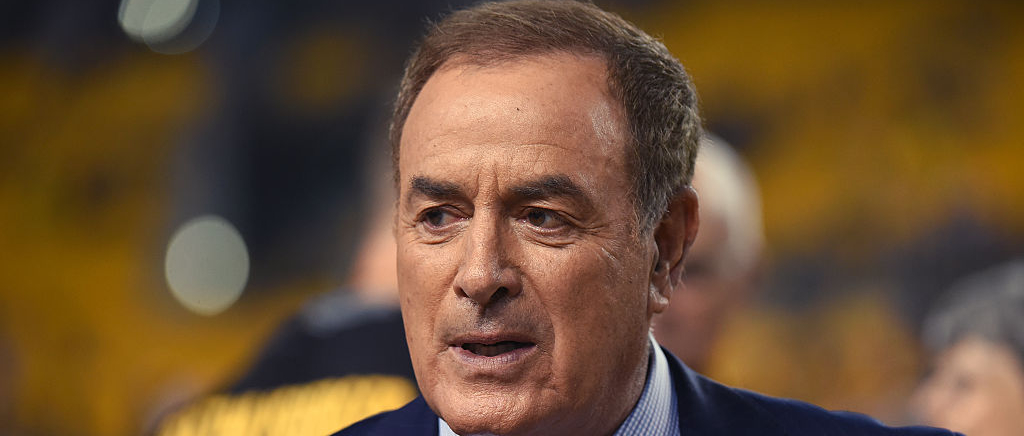



 |
| 

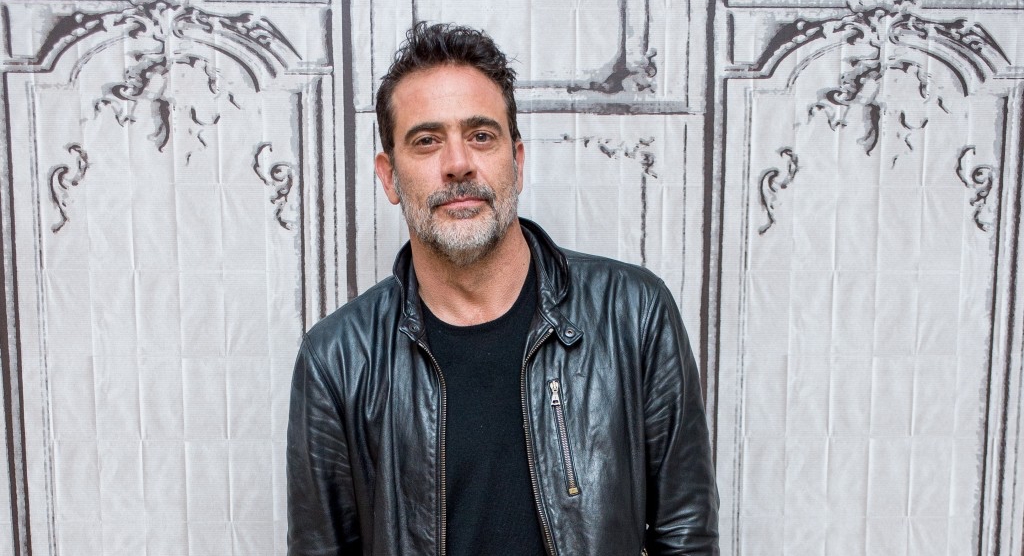
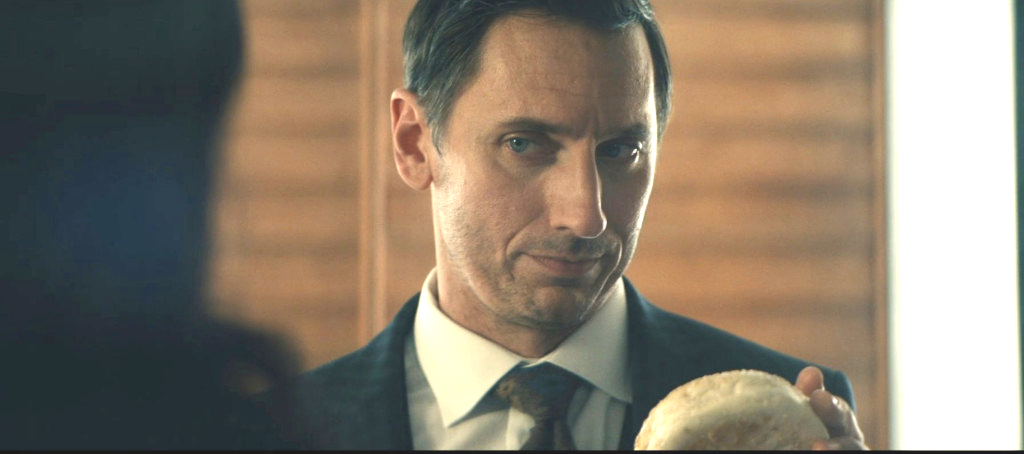
 (@kingpoIIo)
(@kingpoIIo) 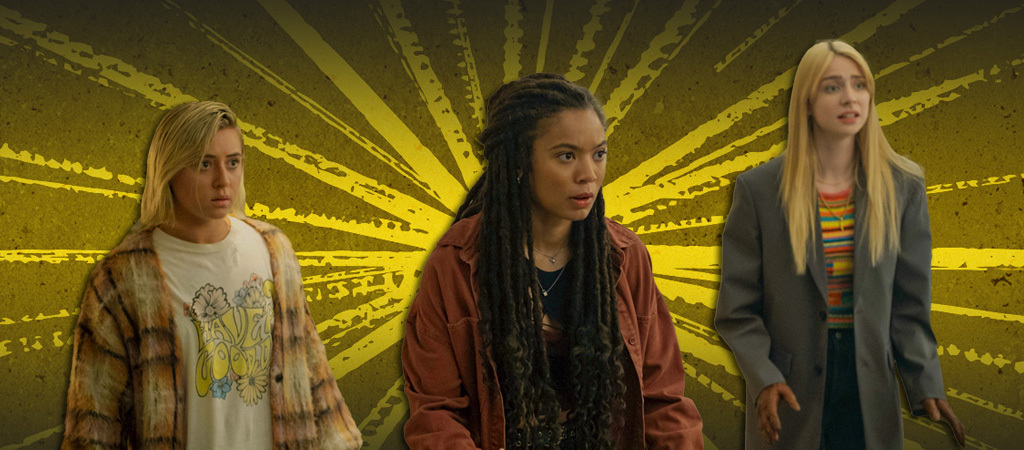
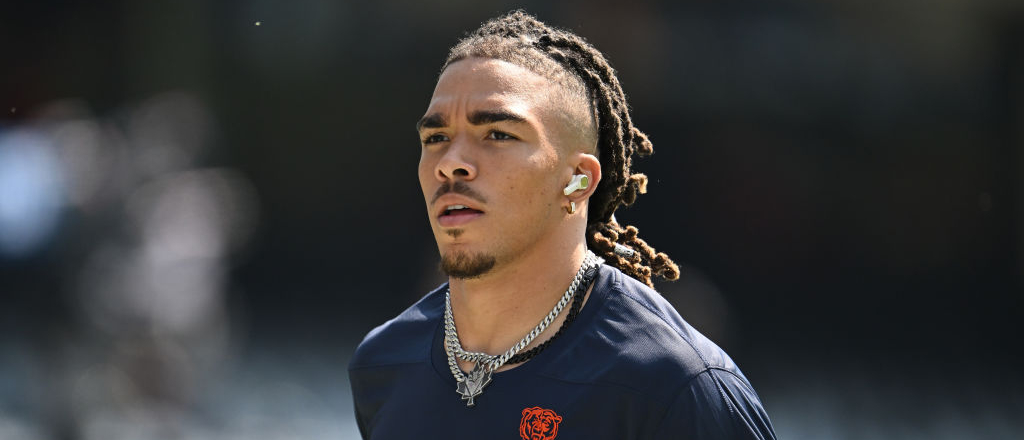

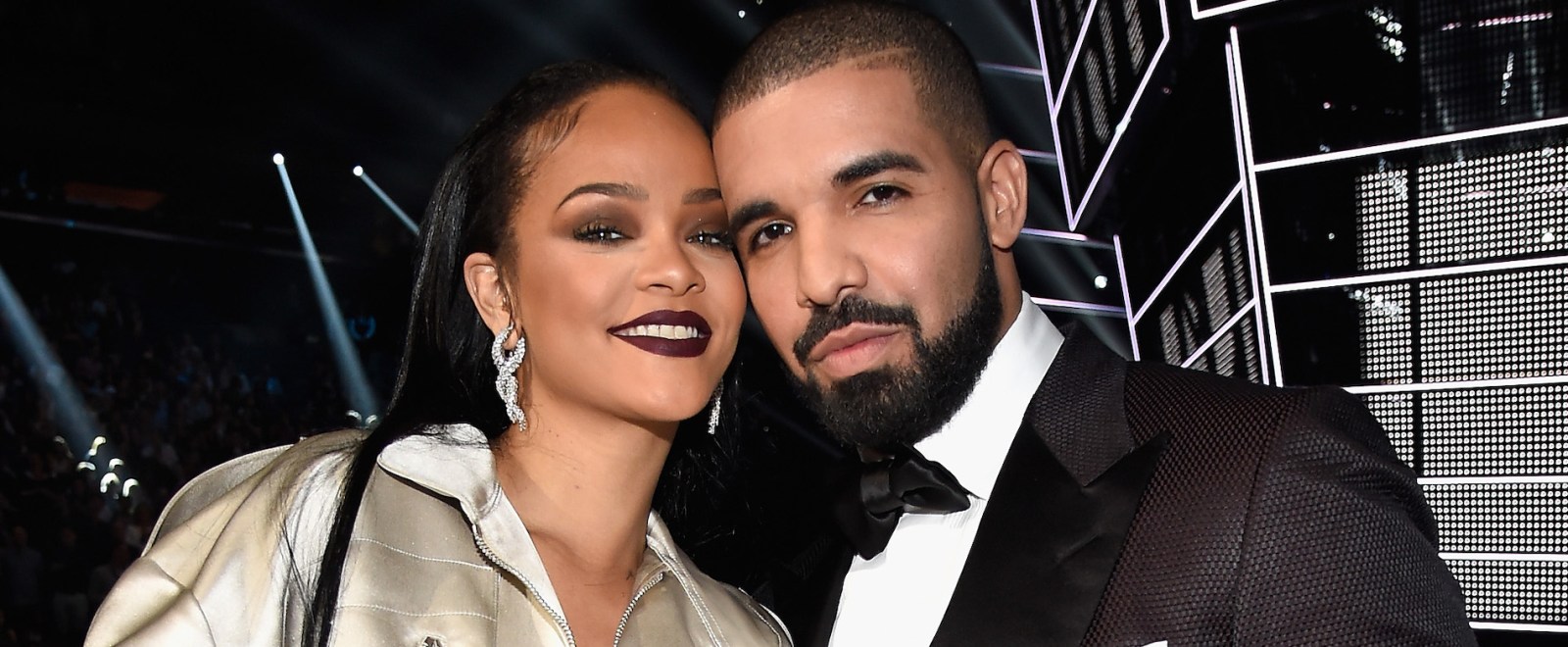
 (@deemxreckless)
(@deemxreckless) 
 (fan account) (@imcharm_)
(fan account) (@imcharm_)  (@N3YYZ0N6)
(@N3YYZ0N6)  (@CarmenVerse)
(@CarmenVerse) 

 (@CharCubed)
(@CharCubed) 
 WE NEED TO FIND SYLVIE (@lokvnt)
WE NEED TO FIND SYLVIE (@lokvnt)  (@carolxloki)
(@carolxloki) 

